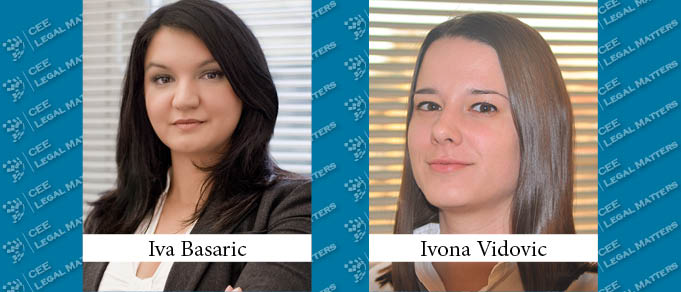It has become evident by now that the 2020 global pandemic has reshaped many aspects of the legal industry, with one of the eminent examples being the way M&A transactions are carried out – almost everything has become less certain, more urgent, and largely virtual. As though the circumstances have not been challenging enough, recent developments in local jurisprudence concerning the form of legal documents have started to negatively impact M&A deals in Croatia.
M&A Deals in Croatia are Impacted by More Than Just COVID-19
Even though Croatia does not adhere to the common law system of precedent, court practice is more often than not invoked as legal authority. This is the reason why a recent decision by the Croatian High Commercial Court ruffled some feathers among legal practitioners. In its December 11, 2019 decision, the High Commercial Court rather mechanically applied the “parity of form” rule, which requires a power of attorney to be in the same form as a contract signed under it. The problem arising out of the High Commercial Court’s interpretation is that local law sometimes requires the use of legal forms that are almost exclusively unique to Croatia, so carrying out cross-border deals would get rather complicated should this one decision become standard practice.
The best example is an agreement for the transfer of shares in a Croatian limited liability company (the most-used corporate vehicles locally). Croatian law provides that the share transfer agreement must be authenticated as to content by a local notary public and thus it is made in a special notarial form (in Croatian, solemnizacija). Under the High Commercial Court’s interpretation, powers of attorney authorizing party proxies (including proxies of non-Croatian parties) to act on their behalf in connection with entry into a Croatian share transfer agreement would also have to be authenticated as to content in a special form by the notary public. Naturally, the issue here is that many countries are not familiar with this form of document authentication, and if the High Commercial Court’s interpretation turns into a standard, this would leave parties with the unfortunate alternative of traveling to Croatia to either grant power of attorney before a Croatian notary public or execute the relevant agreement themselves.
The Spillover Effect of the “Parity of Form” Decision
This formalistic interpretation of Croatian corporate and commercial laws has already led to a more cautious approach in cross-border M&A deals, with some parties preferring to (at least partially) close the deal in person in Croatia or having a power of attorney executed in countries familiar with Croatian type of document authentication (such as Austria or Germany), when this is an option. Needless to say, travel bans and general uncertainty have not helped. However, this shift should not be viewed as standard practice, as the decision of the High Commercial Court does not represent a binding rule of law in the Croatian legal system. Also, the Croatian Notary Public Act provides grounds for alternative thought on the issue, as it provides that a large number of documents requiring authentication as to content may be executed based on a power of attorney in which only a signature has been notarized, rather than with authenticated content. Seeing as a large number of countries are more familiar with the signature notarization, the provisions of the Notary Public Act could be used to oppose the application of a formalistic interpretation of law arising from the Court’s decision.
Cross-Border Deals Without Crossing the Border?
Even though Croatia is lovely to visit year-round, superfluous business trips during a global pandemic are generally frowned upon. With Croatian legislation slowly moving towards use of e-communication and virtual corporate tools, hope remains that the High Commercial Court’s decision on “parity of form” will not gain too much momentum in practice, and that a business-friendly approach will be taken to minimize the efforts and maximize the effects of cross-border M&A deals involving Croatian companies.
By Iva Basaric, Partner, and Ivona Vidovic, Associate, Babic & Partners
This Article was originally published in Issue 7.9 of the CEE Legal Matters Magazine. If you would like to receive a hard copy of the magazine, you can subscribe here.
